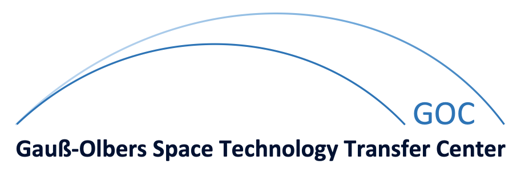Investigating the Radiation Tolerance of Neural Networks for Communication Systems
| Tutor: | Tim Düe |
| Type of Thesis: | Project (MSc), Master's thesis (MSc), Bachelor thesis (BSc.) |
| date of issue: | 04/2024 |
| Student: | - |
| Status: | available |
| Abstract: | Overview: One of the approaches to provide the ubiquitous connectivity 6G aims for is the use of Non-Terrestrial Networks (NTNs). These NTNs expand our traditional terrestrial communication networks, by adding airborne and spaceborne platforms, which are not influenced by terrestrial hazards, such as earthquakes and other catastrophies, and cover wide areas. However, they also come with a set of new challanges, one of which is the increased influence of space radiation on the hardware. In recent years, a number of Machine Learning (ML) based solutions have shown to deliver very good results for communications use cases. Additionally, it has already been observed, that NNs inherit a high tolerance towards hardware faults, such as the ones caused by space radiation. Your task in this project/thesis is to investigate the radiation tolerance of NN based solutions for communications scenarios, aiming to improve it without decreasing the performance in the radiation free cases notably. Goals: The final objectives will be agreed on together with the student, the following is only a suggestion.
Requirements: Ideally you fullfill the following criteria. If your profile varies but you are still interested in the project, you may contact me anyways.
Further Information: For further information feel free to contact me via E-Mail (duee@ant.uni-bremen.de). |







